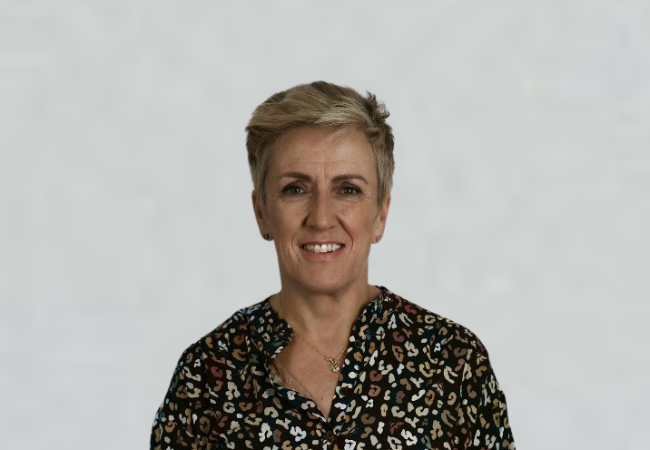
blog
Critical thinking skills and why they matter in the future of work
Posted 14 July 2023
 Written by Fiona Bradley
Written by Fiona Bradley
Certainly, in much of the future of work literature I am reading and in many of the conversations we are having with clients Critical Thinking is being cited as a desirable skill to have. However sometimes our clients find it can be a struggle to articulate what exactly it means to be a critical thinker in their business, and how do they build and develop critical thinking skills within their staff?
For me – the goal of critical thinking is to give ourselves time and tools to improve how we think, to see things closer to how they really are, and get a better sense of the world. So how can we develop our critical thinking skills and see what makes it so difficult?
Multiple studies suggest, that although technology has brought incredible advances to our lives, it might also be responsible for the downfall of our critical thinking skills. There are many reasons why this could be happening, but much of it has to do with the amount of information that is available and the new habits that using technology creates.

We are becoming more and more reliant on information provided by Artificial Intelligence and have started leaning on AI for help even for simple tasks. It is highly unlikely that this trend will slow down anytime soon, as aided by mobile devices, AI has permeated our everyday lives.
However, an overreliance on AI may result in us getting worse at analysing the information we are consuming – which is why it is important we create critical thinking strategies to encourage and develop the cognitive act of thinking critically.
Another challenge we face is that although the human brain is capable of critical thinking, it can create biases and cognitive shortcuts that can get in our way:
To overcome these challenges, critical thinking requires a combination of cognitive skills, attitudes and values that enable us to analyse complex situations, evaluate information and make sound decisions in business and beyond.
Across many of our Early Career’s programs we help leaners understand the need to develop their critical thinking skills and competencies and maintain these throughout their career. In our Leadership and Management training we explore how to create a culture where curiosity and critical thinking become part of the DNA of the organization.
About the author

Fiona Bradley
From a background in global big-4 consulting and executive education, Fiona leads our Professional and Business Skills practice, working with clients to ensure they have the skills to collaborate, communicate, create and solve complex problems together.
View Fiona Bradley’s profile


